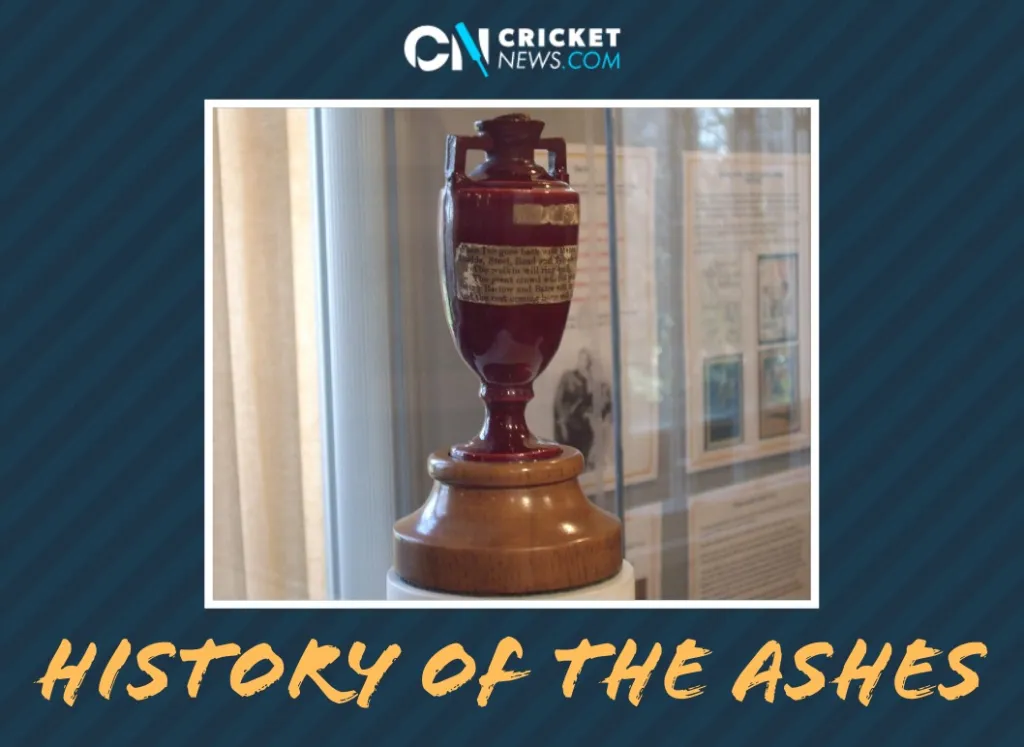The Ashes resumed after the eight year hiatus caused by the Second World War, in a series that featured five Test matches, each lasting up to six days, with five hours play each day and overs consisting of eight balls each.
The series was not without controversy. Several questionable umpiring decisions seemed to favour the home side, one of the prime beneficiaries being Don Bradman, the Australian captain.
The first of these controversies came in the first Test match, in Brisbane, where Bradman had won the toss and chosen to bat. He had made 28, when he was caught at slip by Jack Ikin off Bill Voce. Bradman refused to walk, arguing that it was a bump ball, and the Australian umpire ruled in his favour.
England captain Wally Hammond was so incensed by what he perceived as Bradman’s gamesmanship that he refused to speak to him for the rest of the series except to call the toss.
Reprieved, Bradman went to score 187, while vice-captain Lindsay Hassett scored 128. And with Colin McCool making 95 and Keith Miller 79, Australia were able to score an imposing 645.
England were then bundled out for just 141, Miller taking 7-60. England followed on, and could only muster 172 second time, round, Ernie Toshack claiming 6-82. Australia won by an innings and 332 runs.
The sides travelled to Sydney for the second Test, where the wicket was spinning. England batted first and made 255, Bill Edrich top-scoring with 79.
When Australia batted, again there were some questions about whether Bradman had nicked the ball early in his innings. He got the benefit of the doubt, and he went on to make 234. Sid Barnes, promoted to open, also made 234, his first Test century as well as the eventual highest score of his career.
Together, they helped Australia reach 659/8 before declaring. England, batting again, made 371, Edrich scoring 119 and his Middlesex twin Denis Compton 54. It was not enough as Australia triumphed by an innings and 33 runs.
The third Test in Melbourne was an even affair. Australia batted first and made 365, with Bradman making 65. For once, he was outshone with bat, by McCool, who made an unbeaten 104.
In reply, England achieved close to parity, Edrich with 89 and Cyril Washbrook with 62 out of a total of 351.
When Australia batted again, Bradman had a comparative failure by his own high standards, making just 49. But Arthur Morris made 155, fast bowler Ray Lindwall 100, and wicketkeeper Don Tallon 92, as Australia were dismissed for 536.
England, though, were able to salvage a draw by reaching 310/7 in their second innings, Washbrook scoring 112.
The fourth Test In Adelaide also finished in a draw. England batted first and made 460, Compton leading the way with 147, well-supported by Len Hutton with 94, Joe Hardstaff Jr with 67, and Washbrook with 65.
But Australia matched them by making 487 in turn, Morris with another century, and Hassett with 78.
The English team in their second innings reached 340/8 before declaring, Compton with an unbeaten 103 and Hutton with 76, meaning Australia needed 314 to win, Morris and Bradman shared an unbeaten century stand as Australia reached 215/1, with Morris 124 not out. But time ran out to force a result either way.
Morris and Compton set the first instance of two batters scoring hundreds in each innings of the same Test match.
Australia, though, clinched the series by three matches to nil by winning the fifth Test, in Sydney.
England batted first and, despite Lindwall taking 7-65, an unbeaten 111 from Hutton and 60 from Edrich helped them reach 280.
England then bowled Australia out for 253, leg-spinner Doug Wright taking 7-105 as Barnes made 71 and Morris 57. But England were then bowled out cheaply for 186, despite 76 from Compton, with McCool taking 5-44.
That left Australia needing 214 to win. Despite losing five wickets in the process, they got there, Bradman top-scoring with 63.

